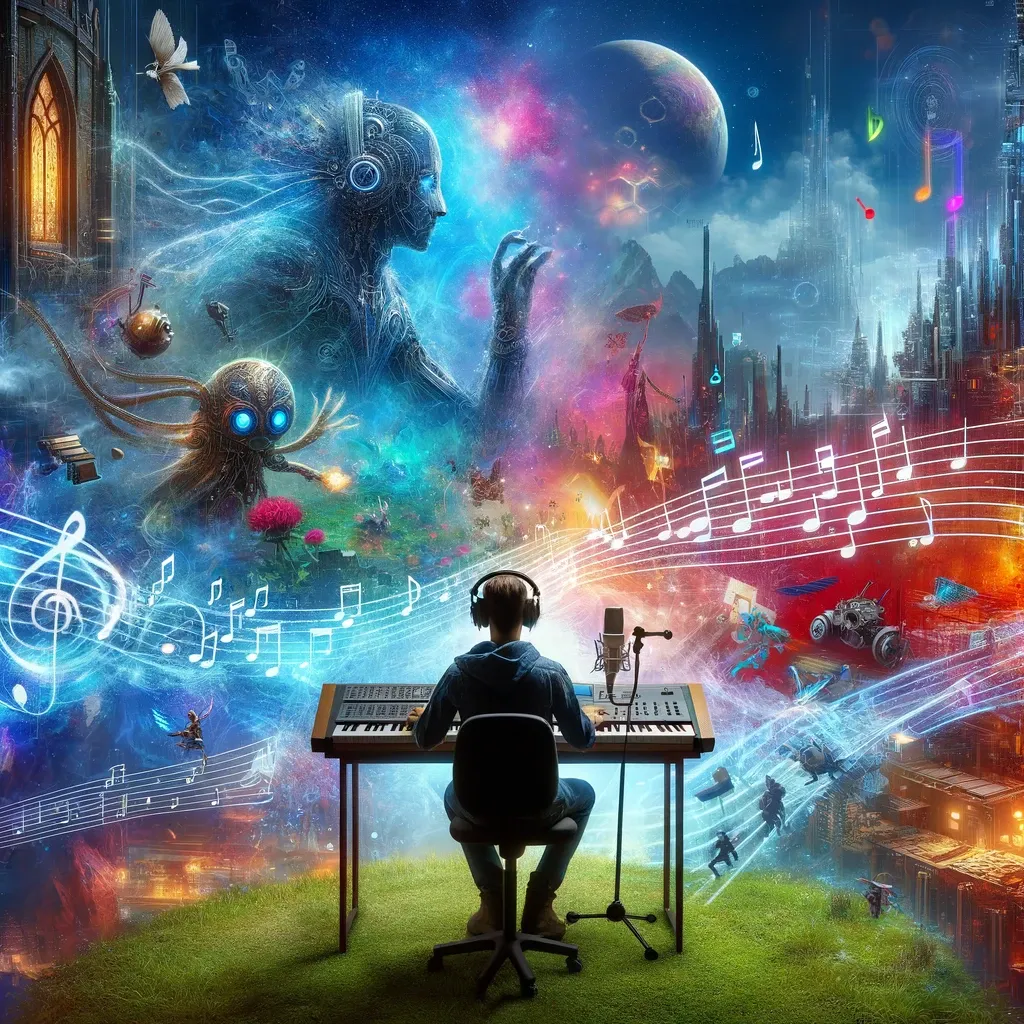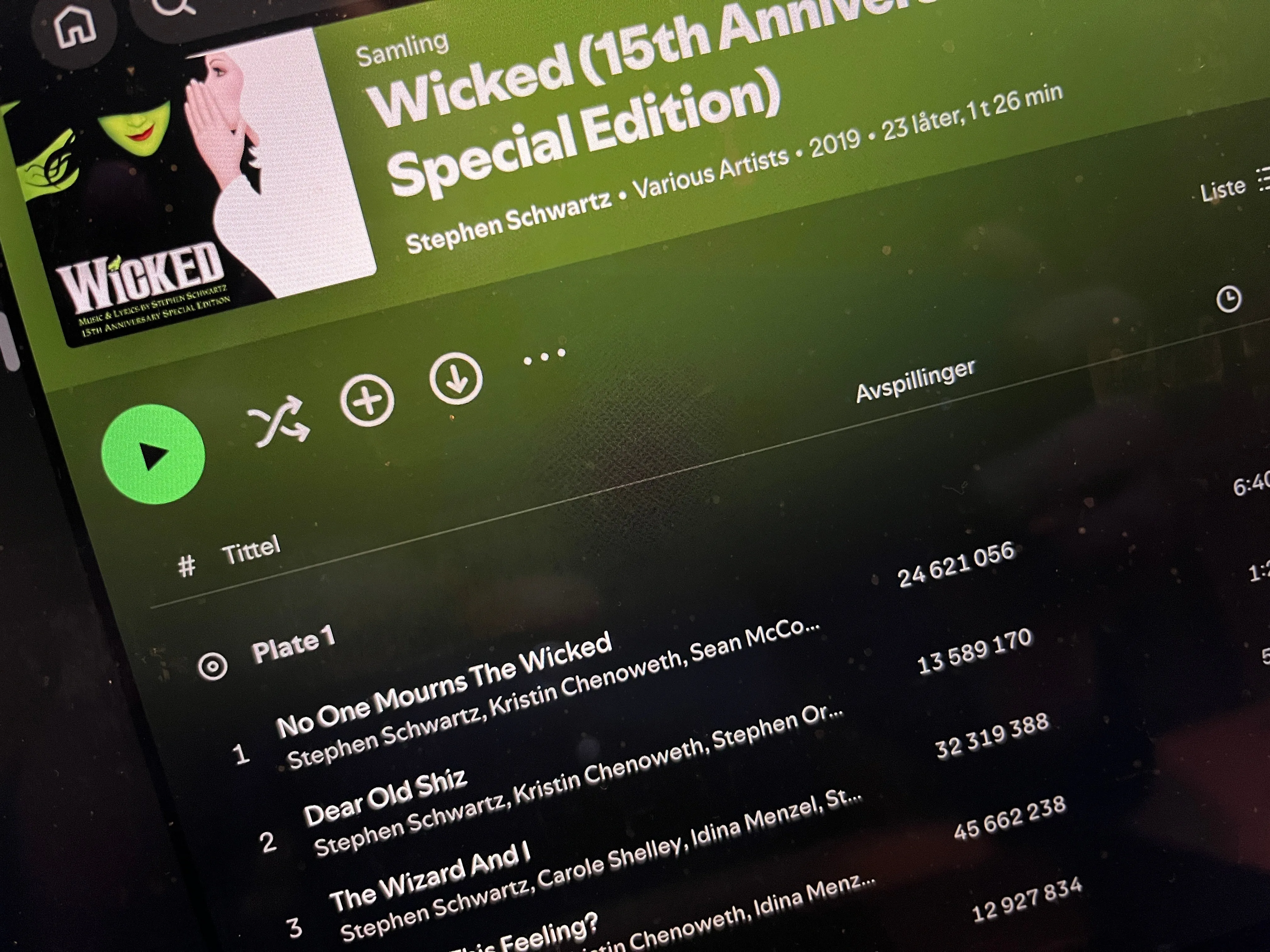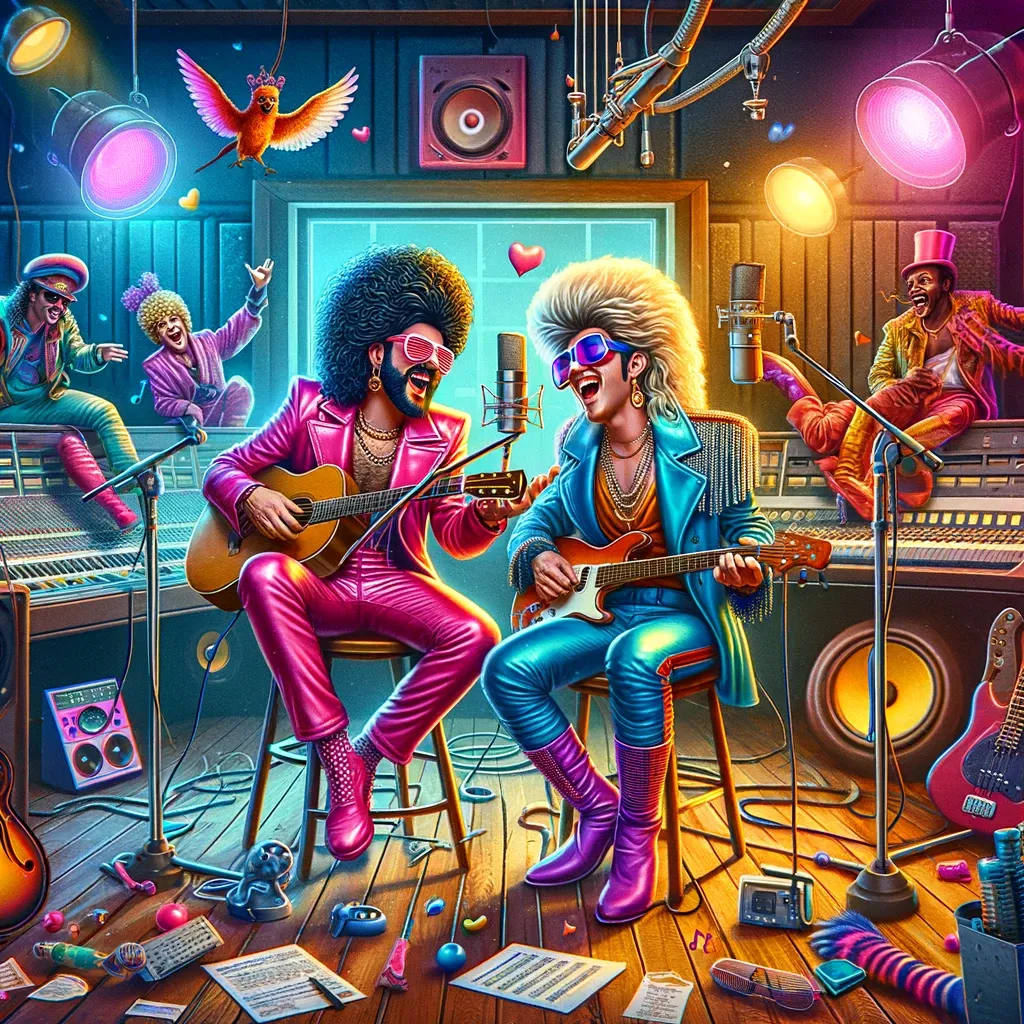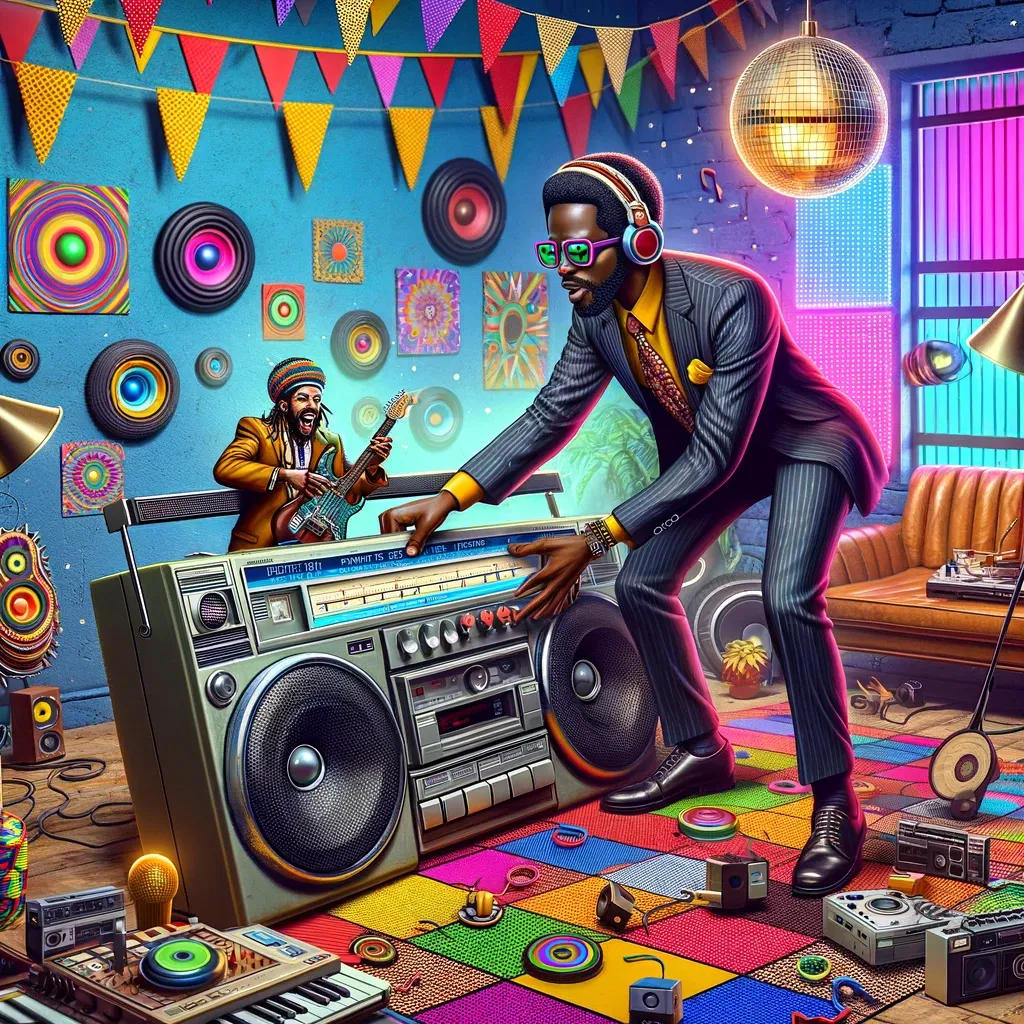The "Secret Sauce" Behind Million-Dollar Video Game Soundtracks
(Why Video Game Composition is the Most Underrated Goldmine in Music)

Will Wright, the genius behind The Sims, figured out something that most game developers completely miss.
He brings composers into the development process from day one.
Not at the end. Not as an afterthought. From the very beginning.
And that decision made The Sims one of the most iconic gaming experiences ever created...
But Wright wasn't the first to understand this power. There's another legend who proved that video game composition could create cultural...
The Koji Kondo Revolution That Started It All
Before Will Wright was revolutionizing life simulation, Koji Kondo was quietly becoming the most influential composer most people have never heard of.
Here's the crazy part: Kondo's Super Mario Bros. theme is more recognizable worldwide than most national anthems. Seriously.
Hum those first few notes - "da da da da-da-da-da" - and watch people's faces light up instantly. That's not luck. That's genius-level video game composition...
But here's what makes Kondo's story so incredible...
He didn't just write catchy tunes. He solved an impossible puzzle that stumped every other composer of his era.
The Kondo Formula That Changed Everything
Kondo discovered something revolutionary about video game composition: the music had to become part of the gameplay itself.
His Super Mario themes weren't just background music—they were emotional cues that made jumping feel more satisfying, victories more triumphant, and the entire experience more memorable.
When you hear that underground theme in Mario, you instantly know you're in a different world. Your heart races when the music speeds up because you know time is running out.
That's not just composing. That's psychological engineering.
While every musician is fighting over the same crowded markets in pop, rock, and hip-hop, there's a massive opportunity hiding in plain sight that most composers completely ignore.
Video game composition.
But Here's the Crazy Part...
Most musicians think video game music is just "beeps and boops" from the 1980s. They have no clue that legends like Kondo and visionaries like Will Wright are treating composers like essential creative partners, not background noise makers...
They couldn't be more wrong.
The Will Wright Method That Built on Kondo's Foundation
Imagine you're not just some composer getting a brief at the end of a project. You're sitting in early development meetings with Will Wright himself, helping shape the entire emotional landscape of a game that millions will play...
That's exactly what happened when Wright brought Jerry Martin into The Sims development process...
Wright understood what Kondo had proven decades earlier—the music isn't decoration. It's part of the game's DNA.
But Wright and Martin took it further. While Kondo created memorable themes for linear adventures, they needed music that could adapt to completely unpredictable player behavior...
Jerry Martin's Genius: Making Virtual Life Feel Real
Martin faced a challenge that would have broken most composers: How do you create music for a game where literally anything could happen?
Your virtual Sims could be cooking dinner, falling in love, having a breakdown, or throwing a party—sometimes all in the same five minutes...
Martin's solution was revolutionary. He created modular compositions that could seamlessly blend and transition based on what your Sims were doing. Happy Sims got jazzy, upbeat arrangements. Romantic moments triggered smooth, sultry themes. Chaos brought frantic, comedic music...
And it all felt completely natural.
And the Results? Absolutely Insane.
The Sims became a cultural phenomenon partly because Martin's music made players feel like they were living real virtual lives. Carefully crafted compositions that adapted to player behavior enhanced every mood, moment, and interaction.
Like Kondo's Mario themes, Martin's Sims music became inseparable from the experience.
But here's what nobody tells you about video game composition...
When developers like Will Wright bring you in early, and when you understand the Kondo principles of memorable, loopable composition plus Martin's adaptive techniques, you're not just writing pretty melodies. You're architecting entire emotional experiences.
The Secret Formula Behind Interactive Music
Traditional music is linear. You press play, it plays from start to finish. Done.
Video game composition? That's where it gets wild.
Your music needs to:
- Loop seamlessly for hours without getting annoying (Kondo mastered this)
- Transition smoothly between different emotional states (Martin perfected this)
- Adapt to player actions in real-time
- Layer multiple variations that can play simultaneously
It's like being a musical architect instead of just a songwriter...
The Legends Who Got It Right
- Koji Kondo: Proved that video game music could become a cultural phenomenon with Super Mario and The Legend of Zelda
- Jerry Martin: Created the adaptive, emotional soundtrack that made The Sims feel alive
- Nobuo Uematsu: Made Final Fantasy players cry with his emotional compositions
- Jeremy Soule: Created epic, atmospheric worlds in The Elder Scrolls series
These composers didn't just write music. They created cultural touchstones that defined entire generations of gamers.
The Evolution is Just Beginning
We've gone from Kondo's brilliant 8-bit compositions to Martin's adaptive simulations to full orchestral scores that rival Hollywood movies. But here's the thing—we're just scratching the surface.
Virtual reality, AI-driven music, and next-gen consoles are creating opportunities that didn't exist when Kondo was crafting those first Mario melodies or when Martin was pioneering adaptive music for The Sims.
The Bottom Line
While other musicians are fighting over scraps in oversaturated markets, video game composition offers:
- Higher pay per project
- Long-term creative partnerships (like Wright's approach with Martin)
- The chance to create cultural phenomena (like Kondo's themes)
- Technical challenges that push your skills
- The opportunity to reach millions of players worldwide
But here's the catch...
Most composers will read this, think "that sounds cool," and then go right back to writing the same old songs for the same old markets.
They'll never experience what it's like to create the next Super Mario theme or collaborate like Jerry Martin did with Will Wright—to be treated as essential creative partners.
Don't be most composers.
The video game industry is exploding. Developers are finally understanding what Koji Kondo proved and Jerry Martin perfected—great composers make great games.
Your move.
More to read:
How do you thrive as a video game composer?
Notable Composers and Soundtracks
- Koji Kondo: Known for Super Mario and The Legend of Zelda series, his melodies are iconic.
- Nobuo Uematsu: Composer of many Final Fantasy games, celebrated for his emotional themes.
- Jeremy Soule: Known for The Elder Scrolls series, he was praised for his epic and atmospheric music.

















